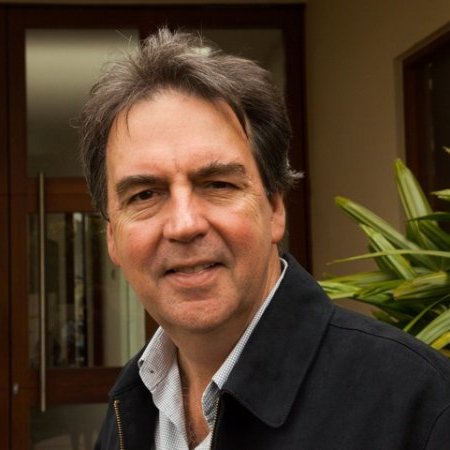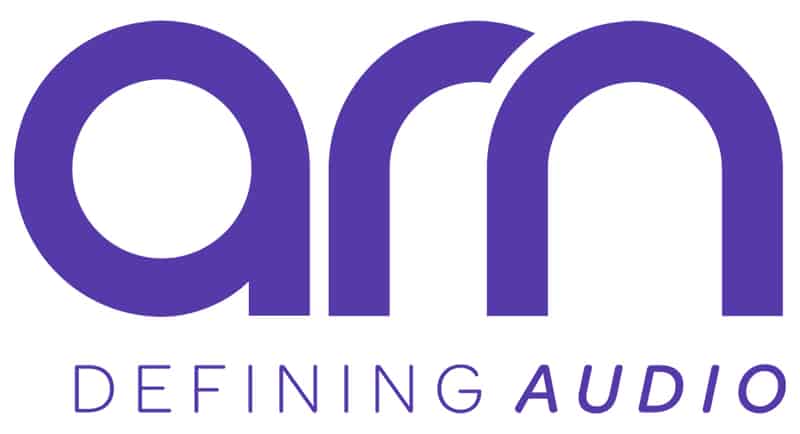Barbarians at the Gate: It’s Time to Fight

Why is it that every special-interest group that comes along these days expects they’re entitled to a big chunk out of commercial radio’s hard-earned revenues?
As if this industry isn’t a tough enough daily grind, without getting ‘mugged’ every time you round a corner!
It seems that whenever someone wants to take commercial radio out to the woodshed for a good ‘flogging’, they love to refer to it as a ‘billion dollar business’, as though that means it has plenty of cash to spare.
An annual billion dollar turnover may well be true for the entire radio industry sector, but it’s also true for little businesses like vets, milk bars and hairdressers, taken as a group.
Radio’s high-visibility is like one of those carnival mirrors … it makes the industry look a whole lot fatter than it really is.
With very few exceptions, radio stations are not the ‘cash cows’ or ‘rivers of gold’ that politicians, PPCA or anyone else looking for a quick ‘slice of the action’ believes.
I suspect that those who support the PPCA side of the simultaneous streaming argument, like Stephen Green, who recently posted here on Radio Today, believe that extracting additional fees from commercial radio for streaming, won’t hurt the viability of the radio industry, and, will solve all the problems arising from the music industry’s failure to foresee, or react to, the financial collapse of its own business model.
It won’t!
In fact, such a short-sighted  move would simply create an entirely new set of problems that, in the long run, would worsen the plight for the music industry, and especially, for the artists themselves.
move would simply create an entirely new set of problems that, in the long run, would worsen the plight for the music industry, and especially, for the artists themselves.
Stephen Green reasons that fees are being paid by Pandora, Spotify and other online service providers, so why shouldn’t commercial radio stump up too.
The difference is that Pandora, Spotify and YouTube are exclusively on-line services, and, as such, are paying their first and only set of music rights to operate their programming at an on-line level.
With commercial radio, we’re talking about the ‘simultaneous streaming of a radio program in its entirety’.
That means the program is instantaneously delivered to the listener via the form of technology that is most convenient to them – analogue radio, digital radio, tablet, smartphone or computer.
It’s the same complete program available simultaneously across all media.
The broadcaster is already paying hefty music rights fees at the point of creation of that program, and those payments are not only being made to PPCA, but also to APRA.
Common sense says the broadcaster is only playing each song once, and it’s only being heard once by each listener, regardless of the technology that song is being delivered on, because it’s being distributed simultaneously.
Radio has always tried to embrace new technology for the benefit of its listeners – to move forward as the World moves forward.
Stephen Green’s argument regarding free-to-air television stations telecasting the AFL and Game of Thrones on the Internet misrepresents the situation.
The AFL sells the on-line rights separately from broadcast television rights and different commercials are inserted for the internet broadcast.
Same with Game of Thrones.
Therefore, neither of these television examples are ‘simulcasts’ of programs in their entirety, unlike the proposed simultaneous streaming of radio.
The difference is quite clear and highly significant.
It is the basis on which the commercial radio industry has asked the Communications Minister, Malcolm Turnbull, to step in and legislatively clarify the situation.
This is not an unreasonable request, given the highly regulated environment in which commercial radio operates.
The radio industry works at a distinct disadvantage to those exclusive on-line music providers.
Operators, like Pandora and Spotify, live in their own space exempt from virtually all the legal obligations of traditional broadcasters.
Radio stations are financially penalised by having to pay, on average, 3% of revenues to the government each year for spectrum licensing fees.
They have mandated music quotas for Australian Music, ensuring the local music industry gets a high level of broadcast exposure, and, they face massive penalties for breaches of Codes and Standards that simply don’t apply on-line.
The playing field is heavily tilted against broadcasters with advertising restrictions on many products, such as alcohol, and that limits a station’s ability to optimise its revenues.
On top of all that there are compliance and reporting obligations to ACMA, obligations for emergency broadcasts and warnings, and, additional burdens on regional stations for local content, local presence and compliance obligations.
Frankly, it’s a minefield!
Is it any wonder that seemly intelligent people are left scratching their heads in disbelief over the course this PPCA issue has taken?
Running a radio station in 2015 is no picnic.
It cannot be overstated just how great a threat the PPCA attack on simultaneous streaming is to the radio industry going forward.
The issue has the potential to bleed the industry dry and throw many good creative people out on the street; make no mistake about it.
Commercial Radio Australia and individual radio stations have been lobbying hard with the Prime Minister and Communications Minister to try to resolve this issue.
So far, despite over 80% of coalition members and senators strongly supporting a political solution to get radio back streaming around the country, it seems the only response from Tony Abbott and Malcolm Turnbull is an expression of contempt towards the industry.
Perhaps, it’s now time for the radio industry to return that sentiment, ratchet up the stakes and begin exercising its considerable power and influence to help save itself from potential financial ruin.

About The Author:
Brad SMART has been a journalist, consultant, author, broadcaster, film director and was the former owner of the Smart Radio Network throughout Queensland. Brad can be contacted on email here.


